
News Directory
How Do You Select the Right Bearings for Different Industrial Robot Joints?
1. Understand the Robot's Joint Types and Functions
Industrial robots typically have the following joints, each with specific bearing requirements:
Rotational Joints (Revolute Joints): Require bearings that handle high loads and continuous rotation.
Linear Joints (Prismatic Joints): Need bearings with linear motion characteristics.
Wrist Joints: Require compact bearings with high precision for end-effector positioning.
Understanding the joint's movement and load profile is crucial for selecting the appropriate bearing.
2. Consider the Load Requirements
Bearings in industrial robots are subject to various loads, including:
Radial Loads: Forces perpendicular to the bearing's axis.
Axial Loads: Forces parallel to the bearing's axis.
Combined Loads: A mix of radial and axial forces.
High-load applications, such as robotic arms lifting heavy objects, often require cross-roller bearings or spherical roller bearings, which offer high load capacity and stability.
3. Account for Precision and Accuracy
Precision is critical in industrial robots to ensure repeatable and accurate movements. Bearings with tight tolerances, such as angular contact ball bearings, are ideal for joints where positioning accuracy is paramount, such as in assembly or inspection robots.
4. Evaluate Speed and Motion Requirements
Some joints require high-speed rotation, while others focus on controlled, slow movements. For high-speed joints, ceramic bearings or hybrid bearings are suitable due to their lightweight, reduced friction, and heat resistance. For slow-moving joints, tapered roller bearings or thrust bearings may be more appropriate.
5. Factor in the Operating Environment
Bearings in industrial robots must withstand harsh environments, including:
High Temperatures: Bearings with special heat-resistant lubricants or materials.
Corrosive Conditions: Stainless steel or coated bearings to resist rust and corrosion.
Clean Rooms: Bearings with minimal grease and low particulate emissions for contamination-free operation.
6. Choose Compact and Lightweight Designs
Space and weight constraints in robot design demand compact and lightweight bearings. Thin-section bearings and needle roller bearings are popular choices for applications requiring space efficiency without compromising load capacity.
7. Consider Integration with Other Components
In many robots, bearings are integrated with gears, motors, or sensors. Selecting bearings that align with these components' specifications simplifies assembly and enhances performance. For example, harmonic drive bearings are often integrated into robotic actuators for smooth, precise motion.
8. Maintenance and Durability
Long-lasting, low-maintenance bearings reduce downtime and costs. Look for:
Self-lubricating bearings for low-maintenance applications.
Bearings with high wear resistance for demanding environments.
9. Consult Manufacturers and Standards
Manufacturers often provide detailed specifications for bearings tailored to industrial robotics. Consulting resources like ISO standards for bearing tolerances and certifications ensures quality and compatibility.
10. Applications and Case Studies
Articulated Robots: Use cross-roller bearings for rotational joints to handle high torque and accuracy.
SCARA Robots: Require lightweight bearings in high-speed, low-load applications.
Delta Robots: Benefit from ball bearings optimized for lightweight and rapid movements.
By leveraging over 30 years of technical expertise and innovation, Shaoxing Shangyu Flight Seiko Machinery Co., Ltd. (FTM) is well-equipped to deliver the effective High-Precision Non-standard Bearings solutions for industrial robotics. Our specialization in the R&D, manufacturing, and customization of non-standard and high-precision bearings ensures that we meet the unique demands of robotic applications, including high-load capacity, precision, and durability. Whether it's bearings for engineering machinery, textile machinery, or cutting-edge robotic joints, FTM's commitment to quality and customer satisfaction makes us a trusted partner for domestic and international clients. Let us help you optimize your industrial robotics systems with tailored, high-performance bearing solutions.



 English
English 中文简体
中文简体 عربى
عربى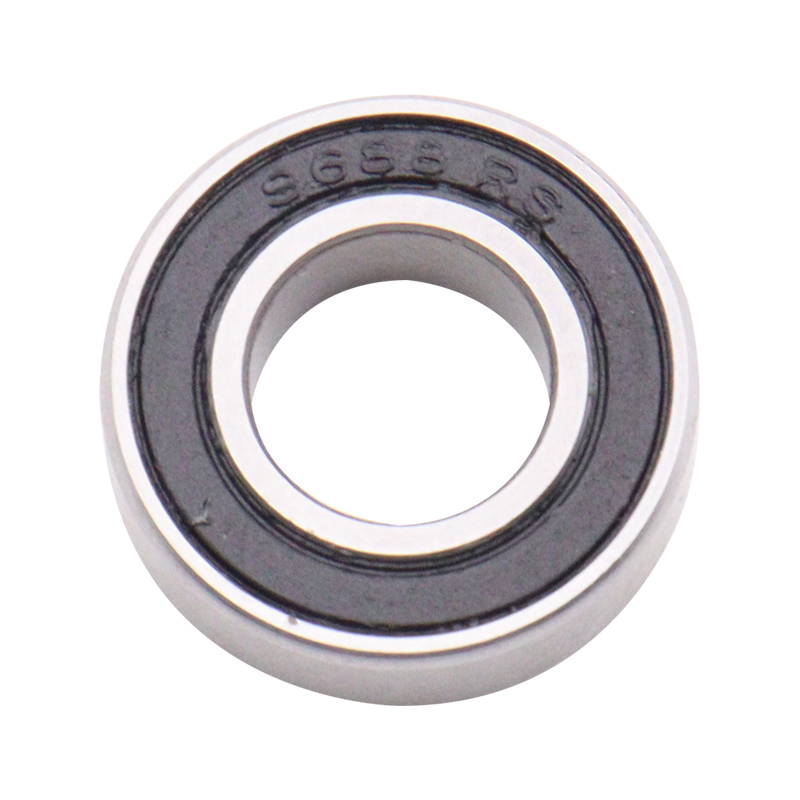
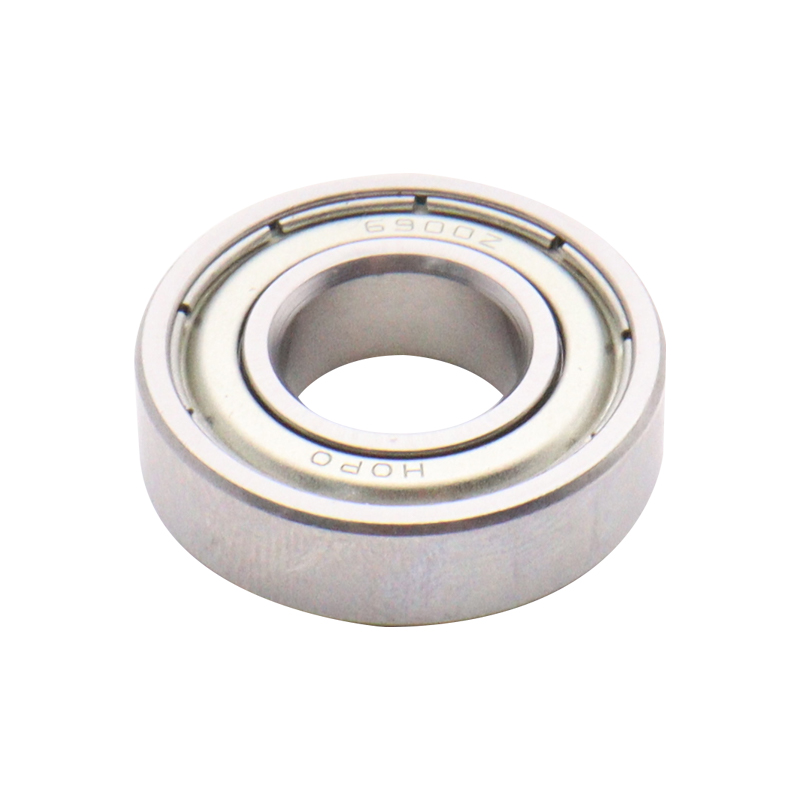
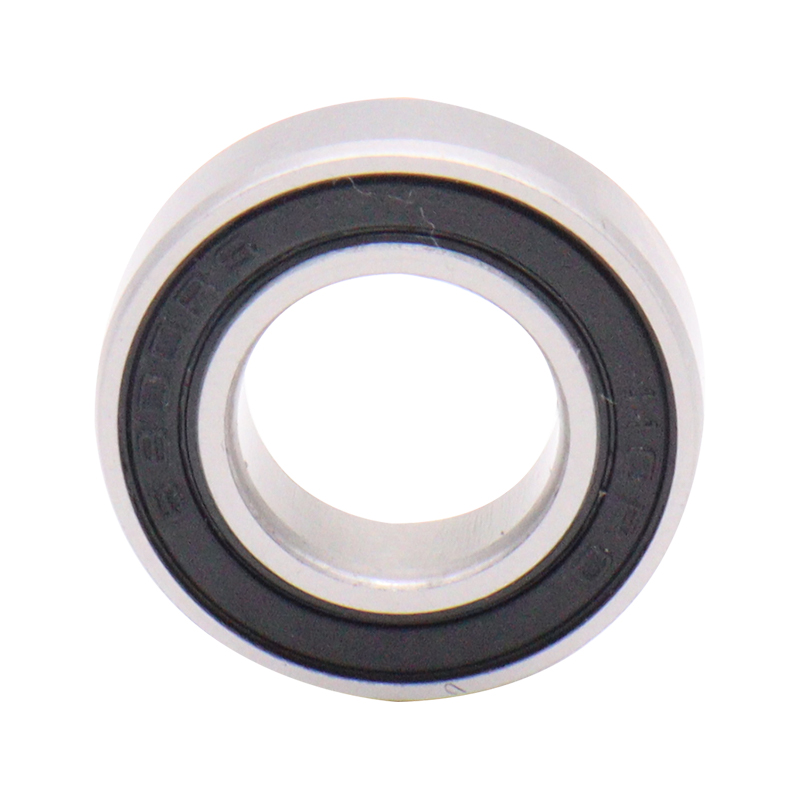
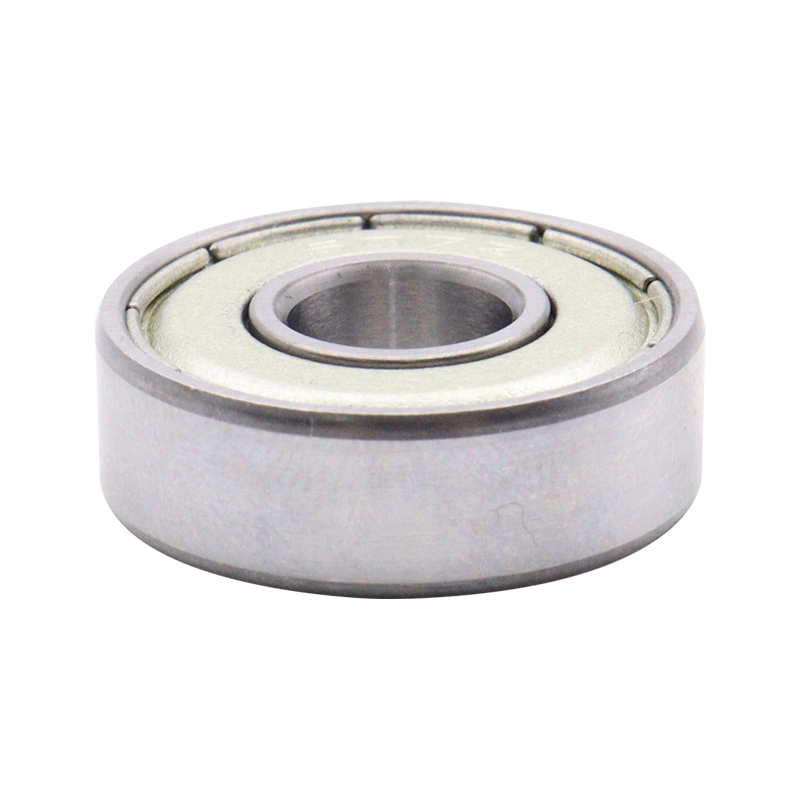
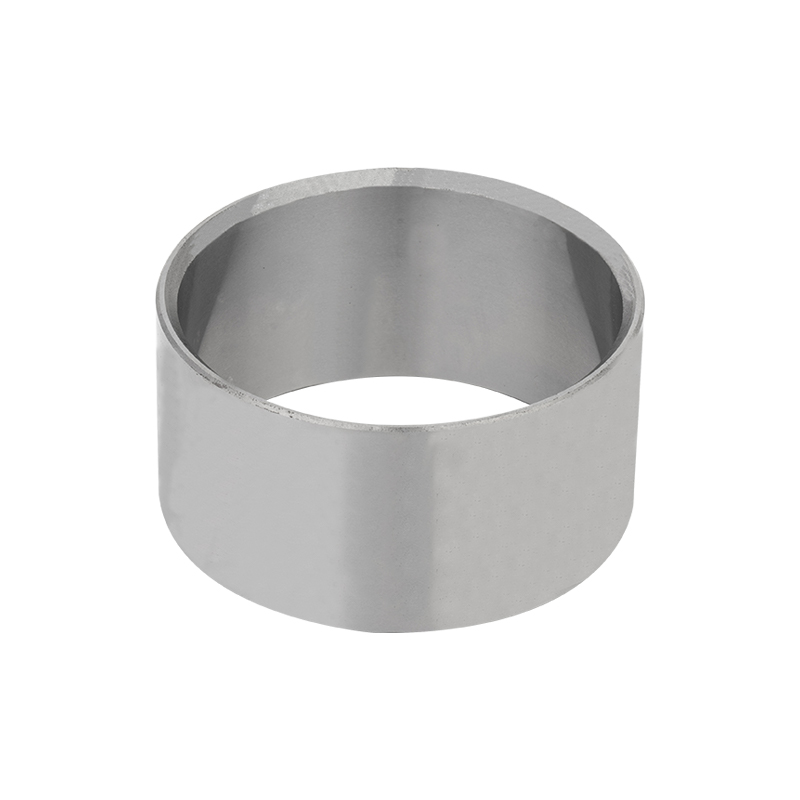
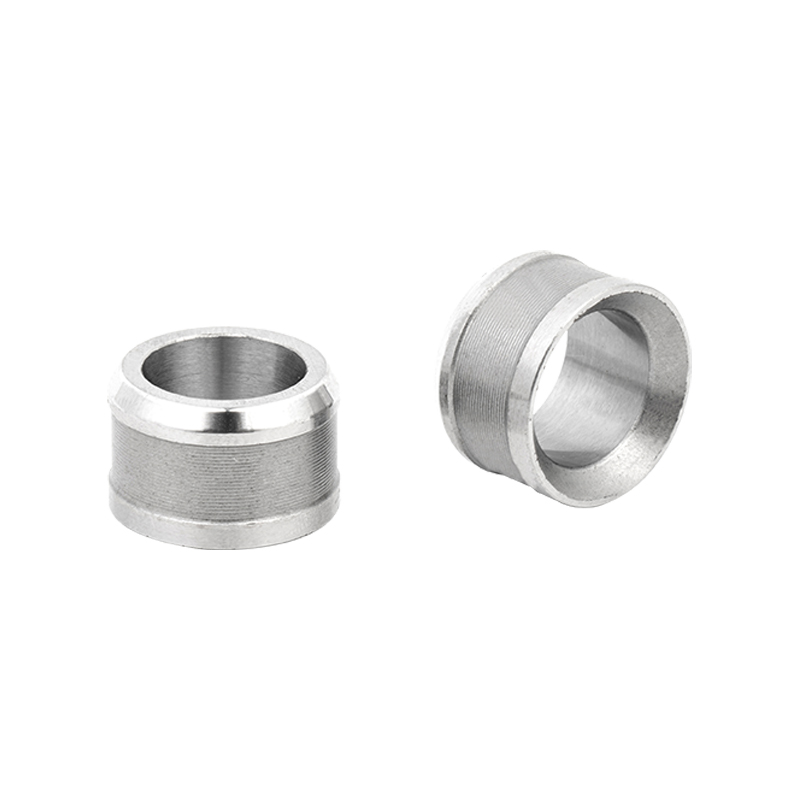
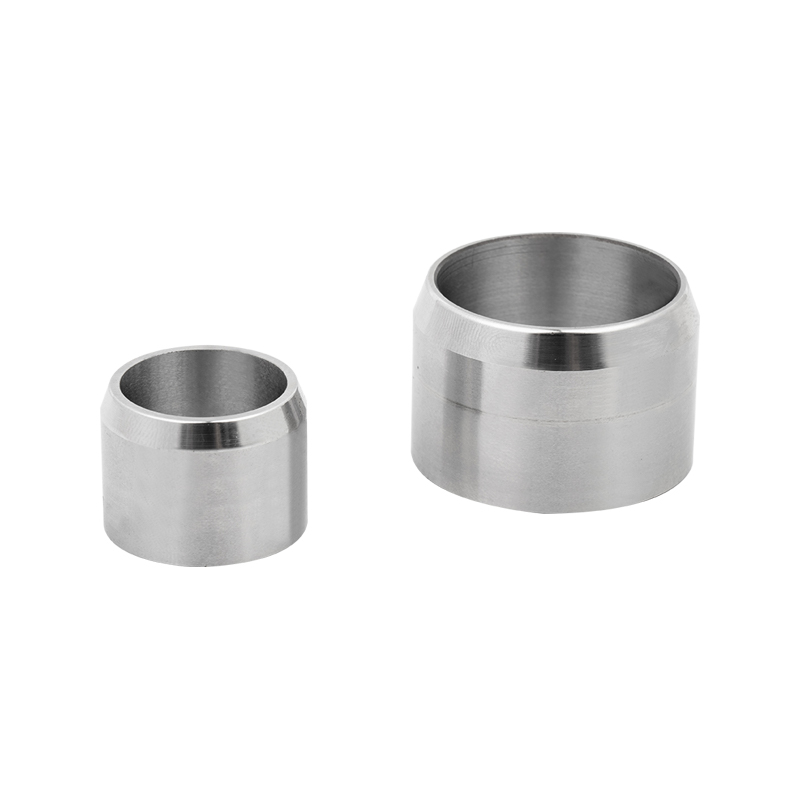
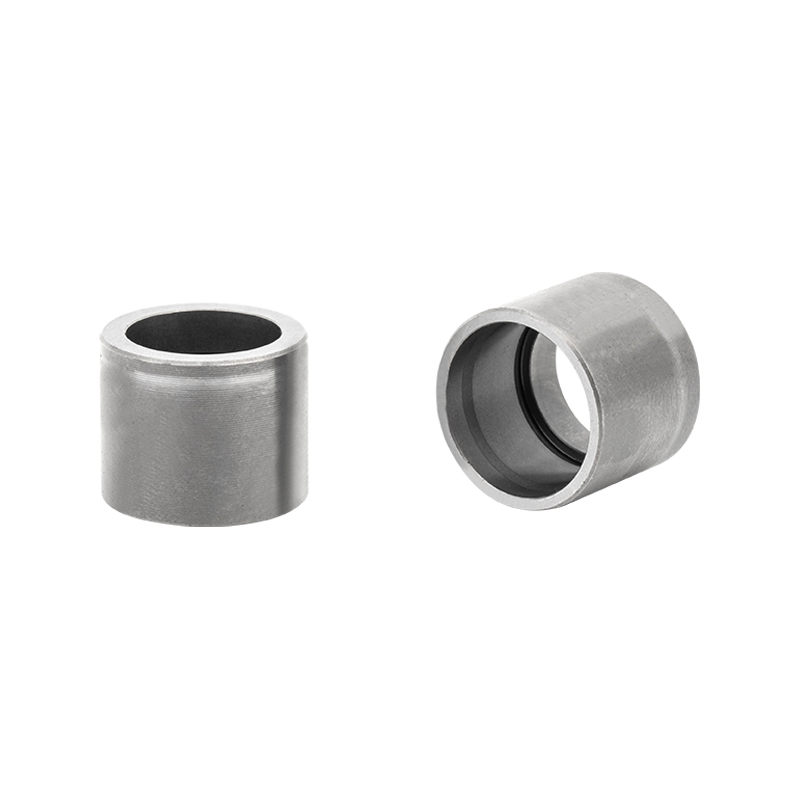
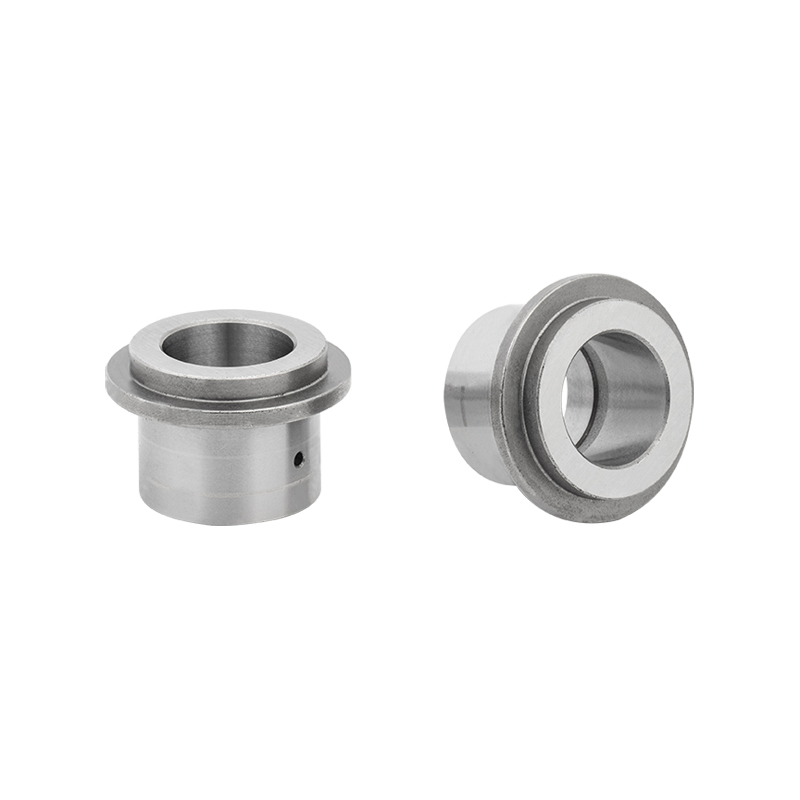

 Download Catalog
Download Catalog
